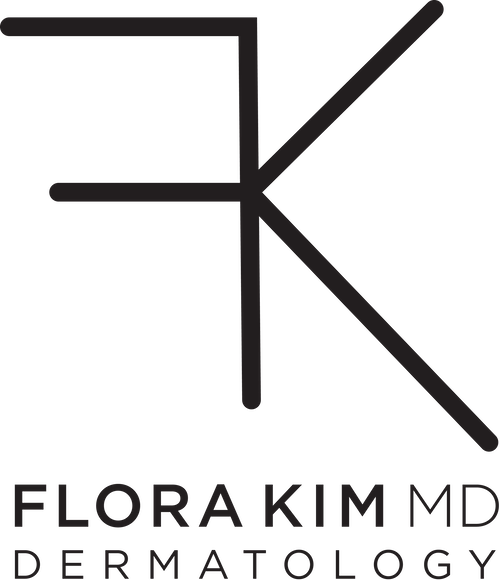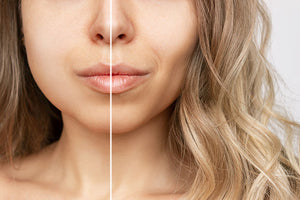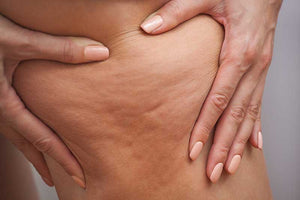Pregnancy, and Skincare: What Is Safe to Use?

TO ARTICLE LISTEN TO ARTICLE
Between a surge in hormones and increased blood flow, many women notice changes to their skin throughout pregnancy. Though the majority of these changes are harmless, I know from experience that they can be bothersome. When issues of acne or itchy, red patches dampen your pregnancy glow, it might be time to switch up your usual skincare routine.
But be warned: not all skincare products are safe to use while carrying your baby and breastfeeding.
The Link Between Pregnancy and Skincare
Your skin is your body’s largest organ. This means that whatever is used to improve your skin’s appearance can affect the rest of your body, including your baby. When deciding on a topical skincare product or medication to soothe skin issues, it is important to consider your phase of pregnancy and how the product could impact your child’s development.
There are three distinct periods of development during pregnancy:
- Germinal — 0 to 2 weeks
- Embryonic — 2 to 8 weeks
- Fetal — 9 weeks to birth
The risk associated with any topical or ingested medication varies dramatically throughout these three phases, with some medications presenting risk very early in pregnancy and others presenting risk closer to birth.
The Food and Drug Administration (FDA) Pregnancy and Lactation Categories assigns one of five categories to each drug to reflect its chance of risk for both mother and child ranging from A, B, C, D, and X. When pregnant, it is generally safe for women to continue using products classified as category A or B, while category C medications should be discussed with your physician, with the pros to you weighed to the cons to your baby, but you should absolutely avoid category X products, ALWAYS.
Skincare Safe for Pregnancy
Since there are too many medications and prescription ingredients to cover, my advice is to take the time to review and research the products and needs you are currently using or plan to use to ensure they are pregnancy category A or B. Your healthy baby will thank you for taking these extra steps.



